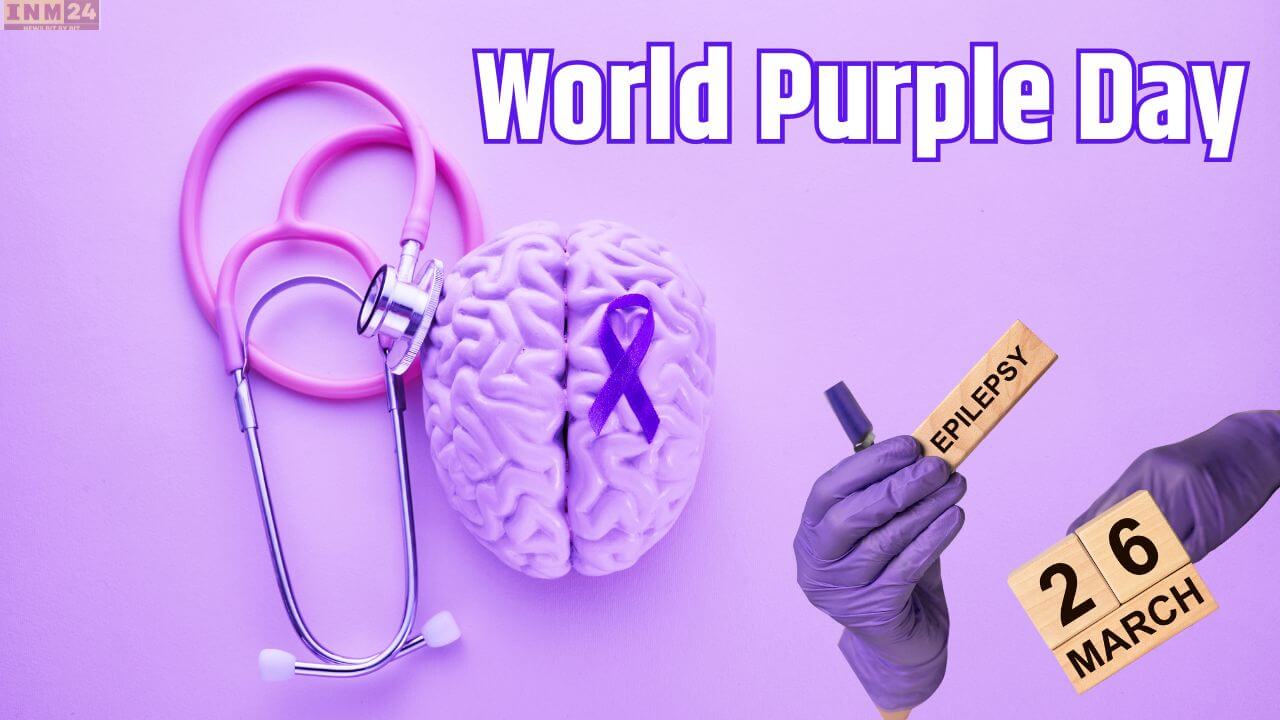Every year on March 26, ‘Purple Day’ is observed, which is an international day to raise awareness about epilepsy among people. On this occasion, let’s delve into what epilepsy is, its possible causes, and its symptoms.
What is Epilepsy?
Epilepsy, according to experts, is a neurological disorder characterized by recurrent seizures, which can affect a person’s brain functions. Due to the disruption in brain activity, individuals with epilepsy may experience various symptoms. The severity of seizures can range from mild to severe, significantly impacting daily life. During epileptic seizures, a person’s behavior may become abnormal, and they may lose consciousness. In common language, we refer to this condition as “epilepsy.”
What Are the Main Causes?
There can be several causes of epilepsy. Firstly, it could be genetic, meaning the condition runs in the family. Secondly, it might result from a severe head injury, which can affect brain function. Thirdly, brain tumors or cysts could be a cause, disrupting normal brain activity. Fourthly, Alzheimer’s disease, which affects brain capacity, can increase the risk of epilepsy. Lastly, AIDS could also be mentioned as it can affect brain health, leading to the onset of epileptic seizures.
What Are Its Symptoms?
Symptoms of epilepsy can manifest as abnormalities in a person’s behavior and difficulties. Mild symptoms of this condition may include suddenly falling down and experiencing temporary memory loss. Additionally, there may be repeated jerking movements felt in the muscles of the face, neck, and hands. During epileptic seizures, individuals may experience sudden bursts of anger, confusion, fear, and excitement. Moreover, dizziness and repetitive tapping or rubbing of hands could also be included in the symptoms of epilepsy.
What Is the Treatment for Epilepsy?
Healthcare professionals suggest that there is no immediate cure for epilepsy, but it can be managed through meditation, surgery, and alternative treatments. However, it’s worth noting that several organizations in India are working to raise awareness about epilepsy and its management.By spreading awareness about epilepsy, we can contribute to a better understanding and support system for those living with this condition.
